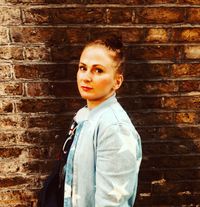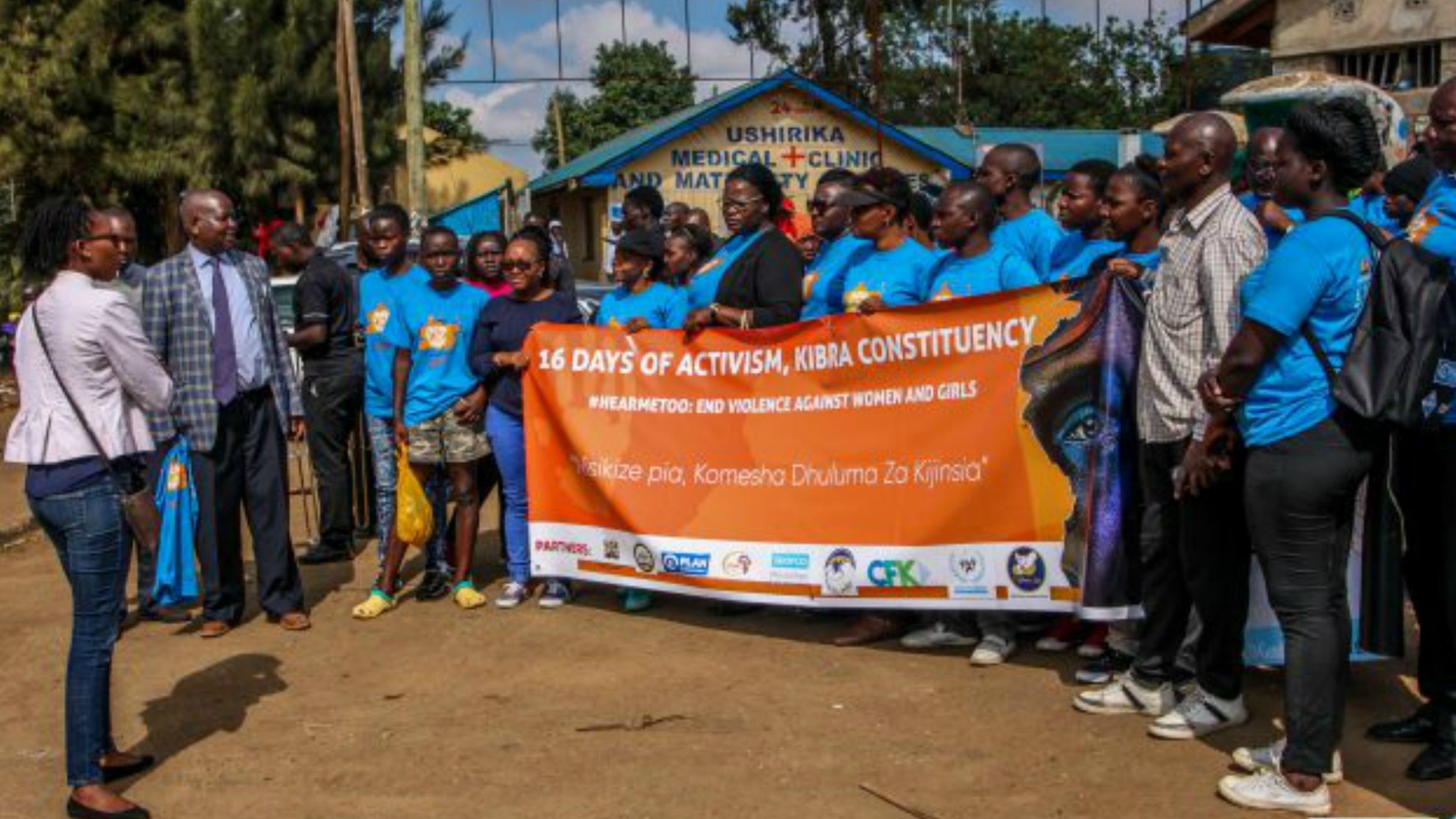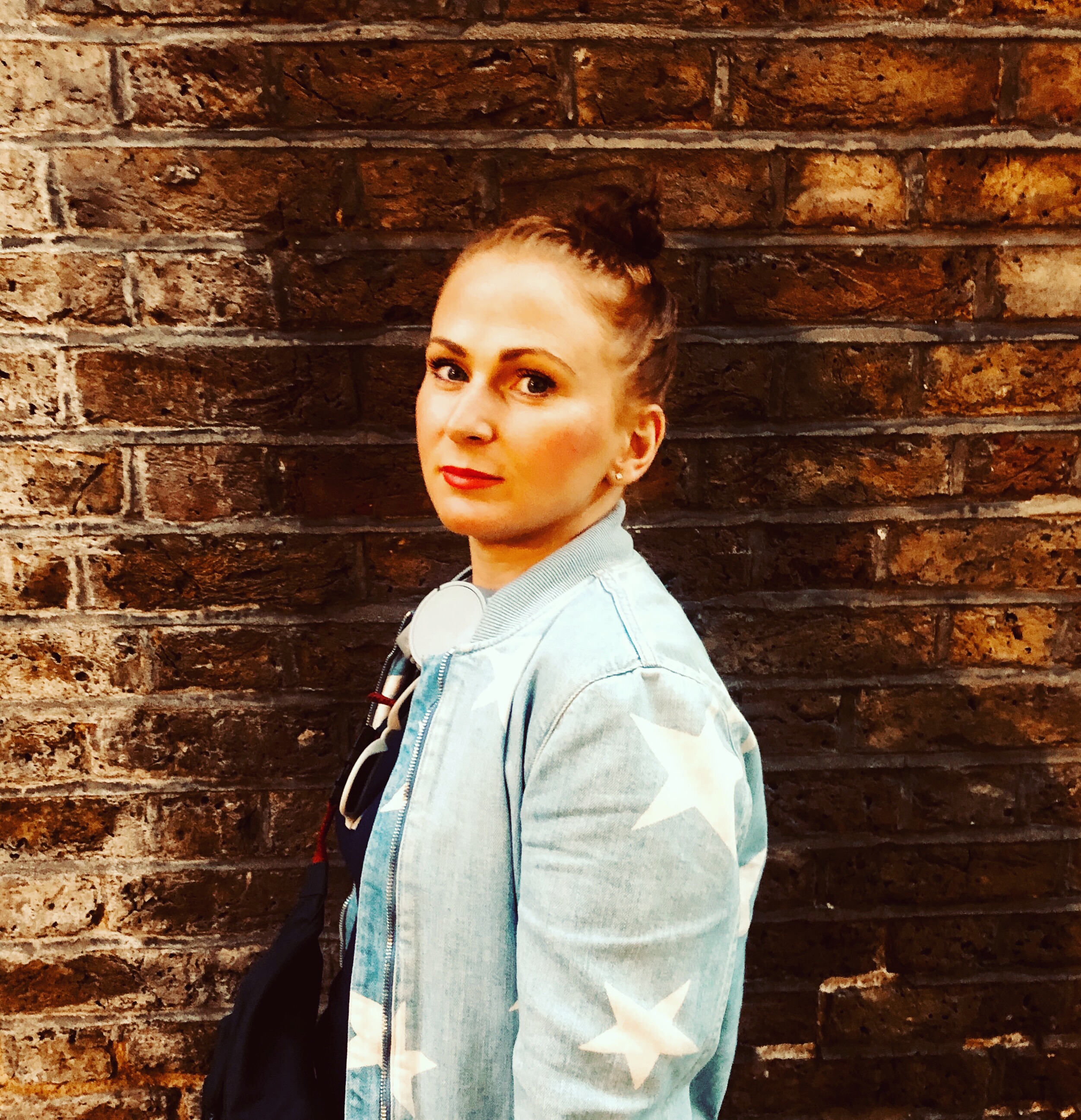Caroline Sakwa: 'People from the slums have historically been marginalized, I'm determined to change that'
Next in our Women Who Win series is Caroline Sakwa, the Gender Director for Shining Hope for Communities (SHOFCO) inside Kibera, one of Africa's most notorious slums


Celebrity news, beauty, fashion advice, and fascinating features, delivered straight to your inbox!
You are now subscribed
Your newsletter sign-up was successful
Next in our Women Who Win series is Caroline Sakwa, the Gender Director for Shining Hope for Communities (SHOFCO) inside Kibera, one of Africa's most notorious slums
Caroline Sakwa is a literal game-changer. She works as the Gender Director for Shining Hope for Communities (SHOFCO), a grassroots movement that acts as a catalyst for large scale transformation by providing critical services to women and girls across Africa.
Caroline is passionate about advocating women’s rights ‘I’m always focused on fighting gender-based violence in these communities.’
We chatted to Caroline about the work she does, the impact Shining Hope has had on local communities and amazing women who she works alongside to create fundamental change.
‘Women and children are vital to the transformation of a community’
My passion in life is to help provide women and girls with a chance to live in a dignified way through advocating their human rights. When I saw a job posting for Shining Hope, I was struck by the work being done and the impact of the organization within the community.
Joining this organization founded by Kennedy who grew up in the Kibera slum district. I would have the ability to work with the community to change individual stories and make the world a better place.
‘It’s not uncommon for gender caseworkers to experience secondary trauma as a result of the challenges they face at work’
I typically spend my days in our office in Kibera, just getting to the office is an experience, as there is no car access. Walking through the streets there are children running around, women setting up food stands, motorbikes whizzing by, and a never ending bustle of life going on inside the slum.
Celebrity news, beauty, fashion advice, and fascinating features, delivered straight to your inbox!
Every morning I debrief 15 gender coordinators from all four slums who can see up to 150 cases a day. One of my main responsibilities is to support the mental and psychosocial health of the staff.
‘Ensuring that the perpetrators of gender-based violence are brought to justice’
11 gender-based violence (GBV) cases in 2018 were reported and taken to court, with all perpetrators sentenced to life in prison. People from inside the slums have historically been marginalized and we are determined to change that.
In 2019 the reporting rates of GBV cases continue to rise indicating the growing trust of individuals in SHOFCO and the gender team.
‘In order to eradicate gender-based violence in these communities we must ensure that the residents trust our team and report cases’
In 2015 we developed Speak Up Boxes inside Kibera slum district. This allows community members to report cases of GBV anonymously using reporting slips without fear of negative responses.
We have engaged 80 gender champions across all villages to help identify cases of GBV, refer survivors for medical and psychosocial follow-up, and provide feedback on the challenges and successes of working within these communities.
‘I am constantly motivated by the strength of the women I work with’
Recently we received a case of abuse from a 14-year-old girl who used one of our speak up boxes to alert our team that her schoolteacher was sexually abusing her.
After taking her to receive medical care we were informed that she was pregnant. We reported the teacher to the police who was then arrested. The case is now proceeding through the court system.
‘Cultural barriers have made me even more passionate about the work I do’
Working in a patriarchal society and experiencing the existing culture norms have significantly impacted my ability to do my job in several ways. Many men in the slums feel threatened by gender work as they perceive it as a way of encouraging women to rebel against African culture.
This makes it difficult to change the existing narrative on gender and inspire impactful change within these communities, but I am determined to do so.
